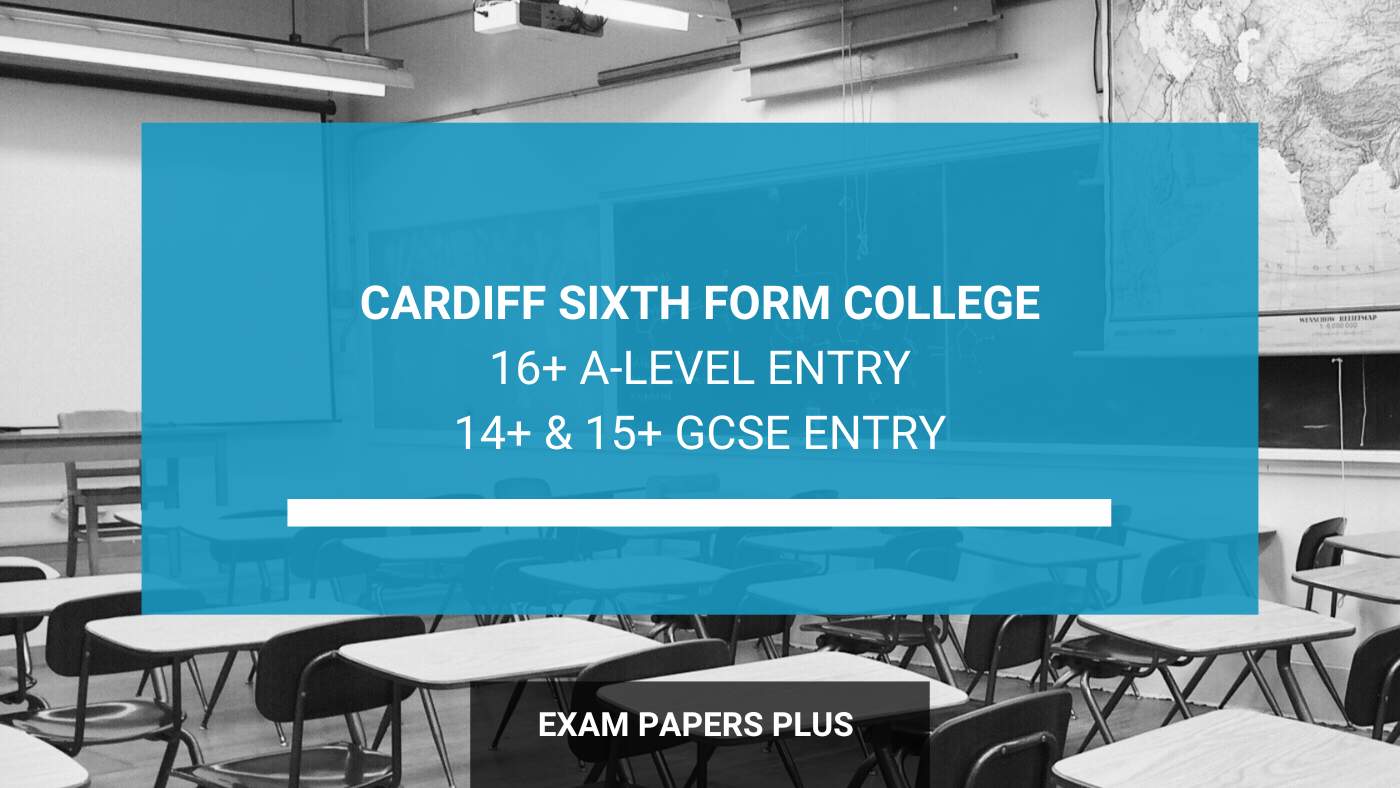
How to revise and practise for the GCSE Chemistry exam
Bookmark this page? Pop your email into the box below to receive a link to this article so you can easily refer back to it later.
Table of Contents
The GCSE Chemistry exam
GCSE Chemistry is assessed by an exam at the end of the course. There are no practical assessments or coursework. The exam consists of two papers, which for all the major exam boards, with the exception of Eduqas/WJEC, are equally weighted and contribute 50% each to your final mark and grade.
Depending on your exam board, your GCSE Chemistry specification will organise all of the skills and knowledge that are assessed by the exam into 7–12 main topics. Make sure you know the date for each exam paper and which topics it covers, as this will inform your revision plan.
The links below will take you to the relevant GCSE Chemistry specification:
- AQA GCSE Chemistry
- OCR GCSE Chemistry A (Gateway)
- OCR GCSE Chemistry B (Twenty First Century)
- Edexcel GCSE Chemistry
Prioritise your revision
It’s a good idea to prioritise your Chemistry revision. Start by printing a copy of the course specification and going through the subject content line by line. Use three different colours to highlight:
- things that you know
- things that you are uncertain about
- things that you don’t know.
Read through this article in full before you start putting together your revision plan. It goes over concepts and skills that aren’t necessarily listed in the subject content of your GCSE Chemistry specification but form a very important part of the exam.
Don’t worry about the things that you feel confident with – going over these again is a waste of time. Start with the things you don’t know and schedule in some time to revise these areas first. Read through your existing notes and refer to your text book or revision guide if necessary. End each revision session with a quick test to check understanding.
Once you have revised the problem areas, complete a set of GCSE Chemistry exam practice papers. These will test understanding across all topics and highlight any areas that need further revision, helping you to fine tune your priority list and providing a benchmark against which you can track progress.
Make sure you understand the key ideas
All of the GCSE Chemistry specifications outline a small number of ‘key ideas’ or ‘key concepts’ that underpin much of the learning covered on the course. A good understanding of these ideas is essential as they help to explain lots of different phenomena. Go over them carefully and if you are unsure about any of them, revise them – read the relevant pages of your text book or revision guide, go over your existing notes and ask for help if necessary.
Re-familiarise yourself with the periodic table
You will be given a copy of the periodic table in the exam, but re-familiarise yourself with the layout beforehand. Be clear about:
- which number gives the relative atomic mass for each chemical
- which number gives the atomic (proton) number
- the locations, names and properties of the different groups.
Practice writing word equations and balanced chemical equations using the periodic table for reference.
Learn the essential formulae and methods
There are certain specific calculations that you are expected to be able to carry out without being given the equation (formula) or method. You must be able to identify where these are needed and recall them quickly. The best way to cement these skills is through repeated practice.
Your specification includes details of all of these calculations. Use the ‘Find’ function and search for ‘calculate’ on a pdf version of the specification, make a list, and be sure to practise all of them as many times as possible.
Don’t overlook working scientifically!
‘Working Scientifically’ is a really important part of GCSE Chemistry. However, because some exam boards list these skills separately from the main subject content, many students forget to include them in their revision. Make sure you look at this part of the specification and include it in your revision and practice. If there are any concepts you are not sure about, go over them in your text book or revision guide or ask for help.
Practice skills that make a real difference
There are a few key areas where students often lose marks in the GCSE Chemistry exams. These are:
- applying maths skills
- understanding required practical activities
- answering extended response questions.
Practising and developing these skills as part of your revision will benefit you enormously in the final exam.
Brush up on your maths
All the mathematical skills that may be assessed in the GCSE Chemistry exam are listed in the specification. They include things like being able to use ratios, fractions and percentages (e.g. to calculate Rfvalues and yields) and changing the subject of an equation.
Rather than revising these skills twice, be strategic – try to schedule your Maths revision ahead of your Chemistry revision, so you have already revised and practised these skills when you begin revising Chemistry. It will save time and make your Chemistry revision more efficient, as you can get straight down to practising exam-style questions that use them.
Get hands-on to with required or core practical work
There are eight required or core practical activities on the GCSE Chemistry specification. There may not be a practical assessment but, in the exam, you will be asked questions based on at least one of these activities and it is an area where lots of students lose marks because they are poorly prepared.
You should revise the step-by-step processes involved, but one of the best ways of revising a practical activity is by ‘doing’. Speak to your teacher to see if there will be opportunities for you to repeat these practical activities before the exam. Alternatively, look for videos that demonstrate them.
For each practical activity, make sure you understand:
- the purpose of the experiment
- what equipment is being used and why
- what measurements are being taken and why
- any hazards and precautions that need to be considered
- which variables need to be controlled.
Many practical-based exam questions ask you to identify errors or make suggestions for improvements; you need to understand all of the things above to be able to answer such questions.
When you come across questions like these on practice papers, don’t give vague answers – practise giving specific and detailed answers so, for example, someone could follow the procedure you have described to carry out an experiment that would produce valid results.
Get to grips with command words
Familiarise yourself with the command words used in extended response questions and practice answering questions of this type. For example, if you are asked to ‘evaluate’ something, you should weigh up positive and negative arguments and make a final judgement. If you do not make a judgement, you cannot be awarded full marks. Don’t limit your response to the information given in the question; use your own knowledge too.
A list of command words can usually be downloaded from your exam board website. For example, AQA publish a complete list of Science command words.
Practice testing and practice papers
Practice testing is the best way to prepare for your GCSE Chemistry exams. It is proven to be the most effective way of developing your memory and recall ability, producing better results in the final exam than any other study or revision technique.
Using practice papers will allow you to practise recalling and applying all the knowledge and skills outlined in this article and provide a good measure of which areas need further revision and practice. Use practice papers at regular intervals throughout your GCSE Chemistry revision for maximum effect and to track progress.
Exam Papers Plus has just launched a new range of GCSE exam practice products. These consist of higher tier exam-style questions, plus answers, which have been written by subject experts and can be downloaded for use at home immediately after purchase. Each question is supported by a video that provides a worked solution to the question, plus top tips on how to tackle similar questions, avoid making common mistakes and ensure you pick up all the marks available.
Bookmark this page? Pop your email into the box below to receive a link to this article so you can easily refer back to it later.
















